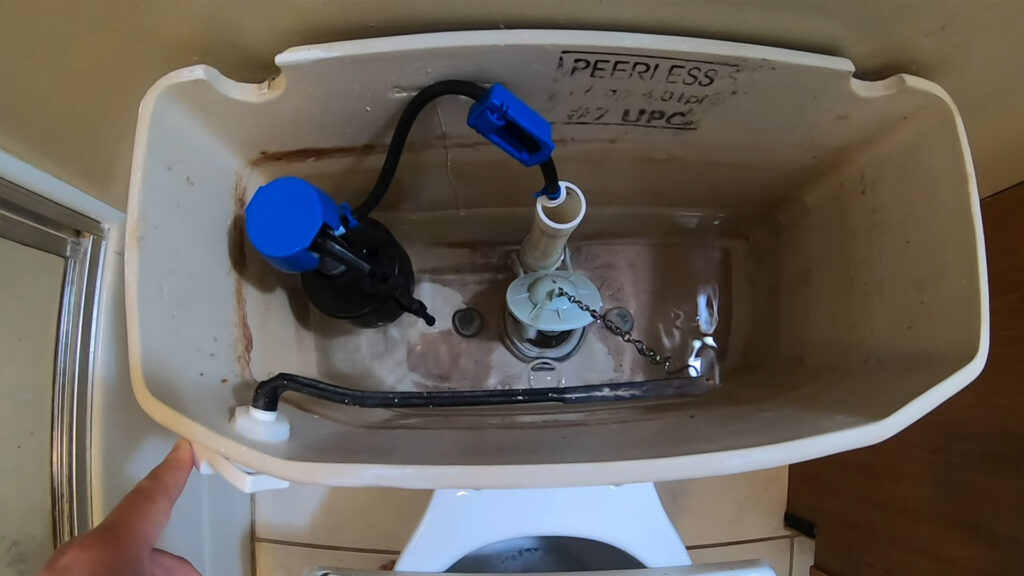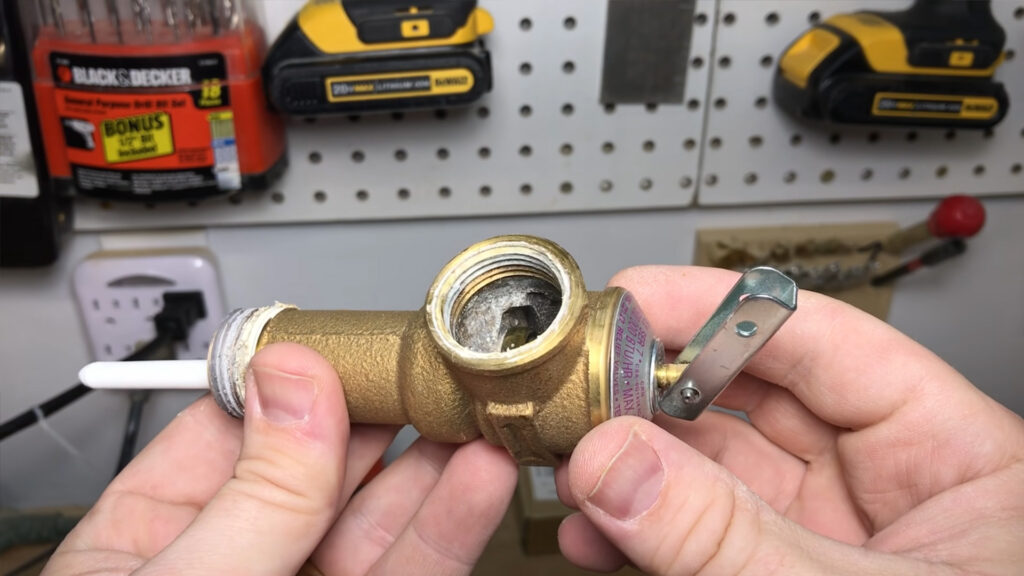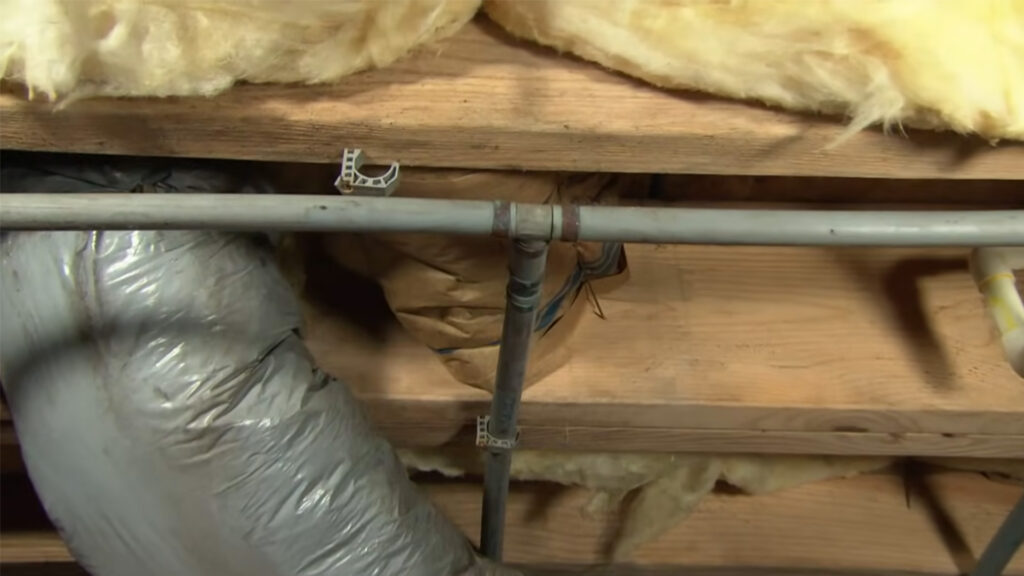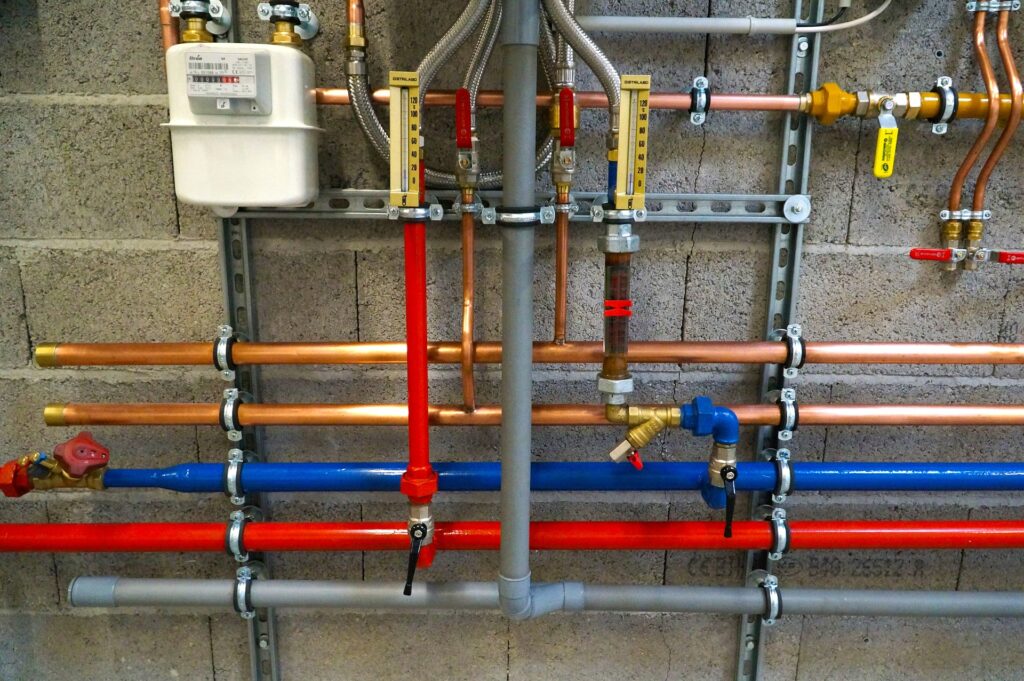When water damage strikes, dealing with the immediate aftermath is stressful enough, but understanding the long-term impact on your insurance can be even more daunting. For homeowners in Philadelphia, it’s essential to know how a water damage claim might affect your future insurance premiums and your ability to secure coverage down the road. This article will explore how a water damage claim can follow you around and what you can do to minimize its impact.
How Water Damage Claims Affect Your Insurance Record
When you file a water damage claim with your insurance company, the details of that claim don’t just stay with your current insurer. Insurance companies use a centralized database called the Insurance Services Office (ISO) to share information about claims, underwriting decisions, and risk assessments. This means that if you file a claim for water damage today, other insurance companies may be able to access that information in the future.
The Role of ISO in Insurance Underwriting
The Insurance Services Office, or ISO, is an organization that collects data from insurance companies nationwide. This data includes information about the types of claims filed, the circumstances surrounding those claims, and the outcomes. When an insurance company reviews your application for a new policy or renewal, they may consult ISO records to see if you have a history of claims.
For example, if you file a claim for water damage due to a leaking water heater, that information will be logged in the ISO database. If the water heater’s failure was due to age or lack of maintenance, future insurers might view this as a sign of an underlying issue with your home’s plumbing. As a result, they could perceive your property as a higher risk, leading to higher premiums or even denial of coverage.
Why Water Damage Claims Are Especially Problematic
Not all insurance claims are viewed equally. Unfortunately, water damage claims are among the most problematic from an underwriting perspective. Here’s why:
- High Cost of Repairs: Water damage can be expensive to repair, especially if it involves structural components, mold remediation, or replacement of major systems like HVAC or plumbing.
- Potential for Recurrence: If the root cause of the water damage isn’t fully addressed, there’s a risk that the problem could recur. Insurers are wary of homes where water damage might happen again, as it could lead to repeated claims.
- Impact on Property Condition: Water damage, especially if not promptly or properly mitigated, can lead to long-term issues such as mold growth, wood rot, or foundation problems. Insurers may view these potential future issues as red flags.
How a Water Damage Claim Can Follow You to Other Insurers
Because of the way ISO works, a water damage claim with one insurance company can follow you to other insurers. When you apply for a new policy or renew an existing one, the insurer may check your ISO report to see if you have a history of water damage claims.
If you have a claim on your record, especially for something like a failed water heater or a plumbing leak, the insurer might take that into account when assessing your risk. This could result in higher premiums, stricter policy terms, or even denial of coverage.
Tips for Minimizing the Impact of a Water Damage Claim
While it’s impossible to completely erase a water damage claim from your insurance record, there are steps you can take to minimize its impact:
- Promptly Address the Root Cause: Ensure that the underlying cause of the water damage is fully resolved. This could involve replacing old plumbing, upgrading your water heater, or improving your home’s drainage system.
- Consider Mitigating Damage Yourself: If the damage is minor, you might consider handling the repairs yourself rather than filing a claim. While this means covering the costs out of pocket, it could prevent a small incident from becoming a long-term issue on your insurance record.
- Maintain Your Home: Regular maintenance is key to preventing future water damage. By keeping your plumbing, roof, and other systems in good condition, you reduce the likelihood of another claim and demonstrate to insurers that your home is well cared for.
- Work with a Trusted Restoration Company: If you do need to file a claim, working with a reputable restoration company like Philly Damage Restoration ensures that the damage is properly repaired. Proper mitigation reduces the risk of future problems, which can help when dealing with your insurer.
- Review Your Insurance Options: If your current insurer raises your premiums or imposes unfavorable terms due to a water damage claim, it may be worth shopping around for a new policy. However, keep in mind that any new insurer will also have access to your claim history via ISO.
Conclusion
A water damage claim can have long-lasting effects on your insurance record, potentially leading to higher premiums or difficulties in securing coverage in the future. By understanding how these claims are tracked and taking proactive steps to mitigate risk, you can minimize the impact on your insurance and protect your home.
If you’re dealing with water damage, don’t hesitate to contact Philly Damage Restoration. Our team of experts will help you navigate the repair process and ensure that your home is restored to its best condition, reducing the risk of future issues that could affect your insurance.







